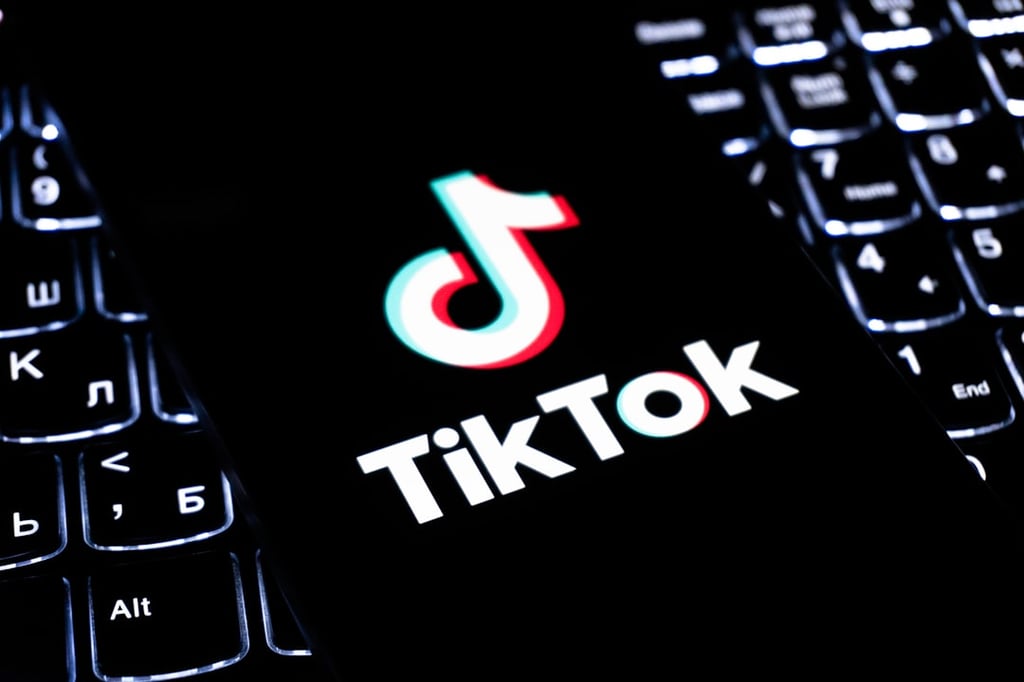Datamation content and product recommendations are
editorially independent. We may make money when you click on links
to our partners.
Learn More
After enormous hype, Apple unveiled its latest creation – The iPad. While tech pundits and Apple fans seems to be divided over whether this new device is a WIN or a FAIL, one thing is clear: Apple is making a clear grab for several poorly defended market segments.
It’s a bold move, and one that could make the iPad a bigger than the iPhone.
Before I go on, let me first address why I think that pundits and Apple fans are divided over the iPad, whereas most seemed to supportive of the iPhone. It comes down to knowns and unknowns.
When Apple unveiled the iPhone, the emphasis was on the phone side of the device. Yes, the platform for apps was embryonic, but the iPhone was still a known – a smart phone with web and email built in. People were happy with that and concluded that the iPhone would be a success almost purely based on the fact that it as an Apple branded phone.
The iPad is different. There is no real comparison to it, and that makes people uncomfortable and nervous. While they want Apple to be innovative, at the same time they want the company to do things that are normal and predictable. The iPad is neither of those things.
First thing that you notice when you peruse an Apple Store is how currently you cannot currently buy a computer for under $500. The cheapest system that you can buy is the screen-less, keyboard-less Mac mini, which starts at $599.
Apple CEO Steve Jobs once said, “we don’t know how to make a $500 computer that’s not a piece of junk.” Well, that has now changed. The budget 16GB iPad comes in at a dollar under the $500, opening up the opportunity of Apple ownership to a totally new market.
It could be argued that the iPad isn’t a computer in the same way as a Windows- or Mac-based system is. The proliferation of smartphones that have a pared down operating system (such as the iPhone) makes this a moot point.
The iPad is an Apple-branded device that has a keyboard and screen, runs programs and games, handles emails and can browse the web. To most buyers, that is a computer. Yes, it’s an Apple computer, and it can be bought for $500.
That alone has the potential to make the iPad a huge hit, not only because the buying public will love that price, but enterprise will also love that price.
Currently the biggest tablet users are financial, insurance, scientific and media. The tablets these folks use are heavy, clumsy, and expensive. By comparison, the iPad is light, sleek, sexy and cheap. Lack of software might initially be a problem. But iWork apps for the iPad is a clear sign that Apple is starting to take enterprise apps more seriously, so there’s a good chance we’ll see more of the same in the App Store soon.
Another market that the iPad is targeting is the ebook reader market. So far, Amazon and Barnes & Noble have had this market pretty much to themselves. And while they both have their own ebook readers (Amazon has the Kindle and B&N have the Nook), both these devices are pretty basic and do little more than allow you to read books on them.
Both these devices now have serious competition, from not only a dominant consumer electronics maker, but also a company that has its own content distribution system all set up, with millions of customers already familiar with how it works. This puts the Kindle and the Nook both in a very vulnerable position as Apple puts the squeeze on them.
Also, it’s a fair bet that, internally within Amazon and B&N, the product managers for the ebook distribution will be trying to come up with ways to leverage the hype hysteria surrounding the iPad (at the same time the product managers for the ebook readers will hate any move that could weaken their position). If Apple can leverage iTunes (and its massive user base) to push down the price of ebooks, this could put severe pressure on the likes of Amazon and B&N.
Another market that the iPad is targeting is gaming. The iPhone and iPod touch are both competent gaming platforms, especially for the casual gamer. With the iPad, which has a more powerful 1GHz A4 processor (about which we know very little else, but we can assume that it’s ARM-based), has the potential to become a very powerful platform.
With games studios such as EA firmly onboard with Apple, we could see the iPad start to eat into game console sales (especially when you look at the price of games for consoles, and compare that to games for the iPhone platform).
As you can see, while the iPhone initially went after a single, well established, market (the smartphone market), the iPad is simultaneously making a grab for several markets. Most of these markets are of interest to Apple because it can use iTunes as a conduit for new content streams, which in turn means new revenue streams.
In a year’s time, consumer electronics will be different, and in part, that will be down to the influence of the iPad.
-
Ethics and Artificial Intelligence: Driving Greater Equality
FEATURE | By James Maguire,
December 16, 2020
-
AI vs. Machine Learning vs. Deep Learning
FEATURE | By Cynthia Harvey,
December 11, 2020
-
Huawei’s AI Update: Things Are Moving Faster Than We Think
FEATURE | By Rob Enderle,
December 04, 2020
-
Keeping Machine Learning Algorithms Honest in the ‘Ethics-First’ Era
ARTIFICIAL INTELLIGENCE | By Guest Author,
November 18, 2020
-
Key Trends in Chatbots and RPA
FEATURE | By Guest Author,
November 10, 2020
-
Top 10 AIOps Companies
FEATURE | By Samuel Greengard,
November 05, 2020
-
What is Text Analysis?
ARTIFICIAL INTELLIGENCE | By Guest Author,
November 02, 2020
-
How Intel’s Work With Autonomous Cars Could Redefine General Purpose AI
ARTIFICIAL INTELLIGENCE | By Rob Enderle,
October 29, 2020
-
Dell Technologies World: Weaving Together Human And Machine Interaction For AI And Robotics
ARTIFICIAL INTELLIGENCE | By Rob Enderle,
October 23, 2020
-
The Super Moderator, or How IBM Project Debater Could Save Social Media
FEATURE | By Rob Enderle,
October 16, 2020
-
Top 10 Chatbot Platforms
FEATURE | By Cynthia Harvey,
October 07, 2020
-
Finding a Career Path in AI
ARTIFICIAL INTELLIGENCE | By Guest Author,
October 05, 2020
-
CIOs Discuss the Promise of AI and Data Science
FEATURE | By Guest Author,
September 25, 2020
-
Microsoft Is Building An AI Product That Could Predict The Future
FEATURE | By Rob Enderle,
September 25, 2020
-
Top 10 Machine Learning Companies 2021
FEATURE | By Cynthia Harvey,
September 22, 2020
-
NVIDIA and ARM: Massively Changing The AI Landscape
ARTIFICIAL INTELLIGENCE | By Rob Enderle,
September 18, 2020
-
Continuous Intelligence: Expert Discussion [Video and Podcast]
ARTIFICIAL INTELLIGENCE | By James Maguire,
September 14, 2020
-
Artificial Intelligence: Governance and Ethics [Video]
ARTIFICIAL INTELLIGENCE | By James Maguire,
September 13, 2020
-
IBM Watson At The US Open: Showcasing The Power Of A Mature Enterprise-Class AI
FEATURE | By Rob Enderle,
September 11, 2020
-
Artificial Intelligence: Perception vs. Reality
FEATURE | By James Maguire,
September 09, 2020
SEE ALL
ARTICLES







